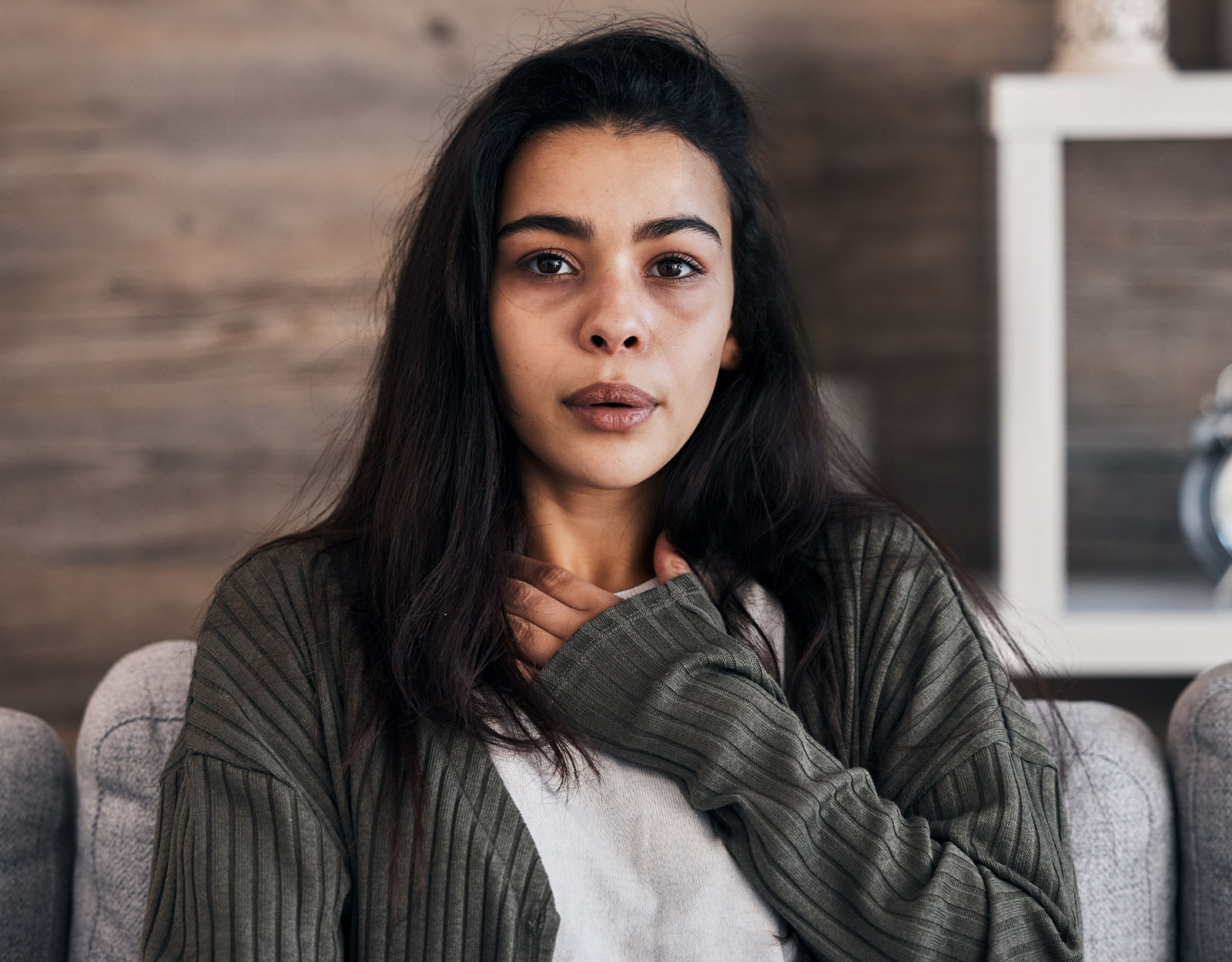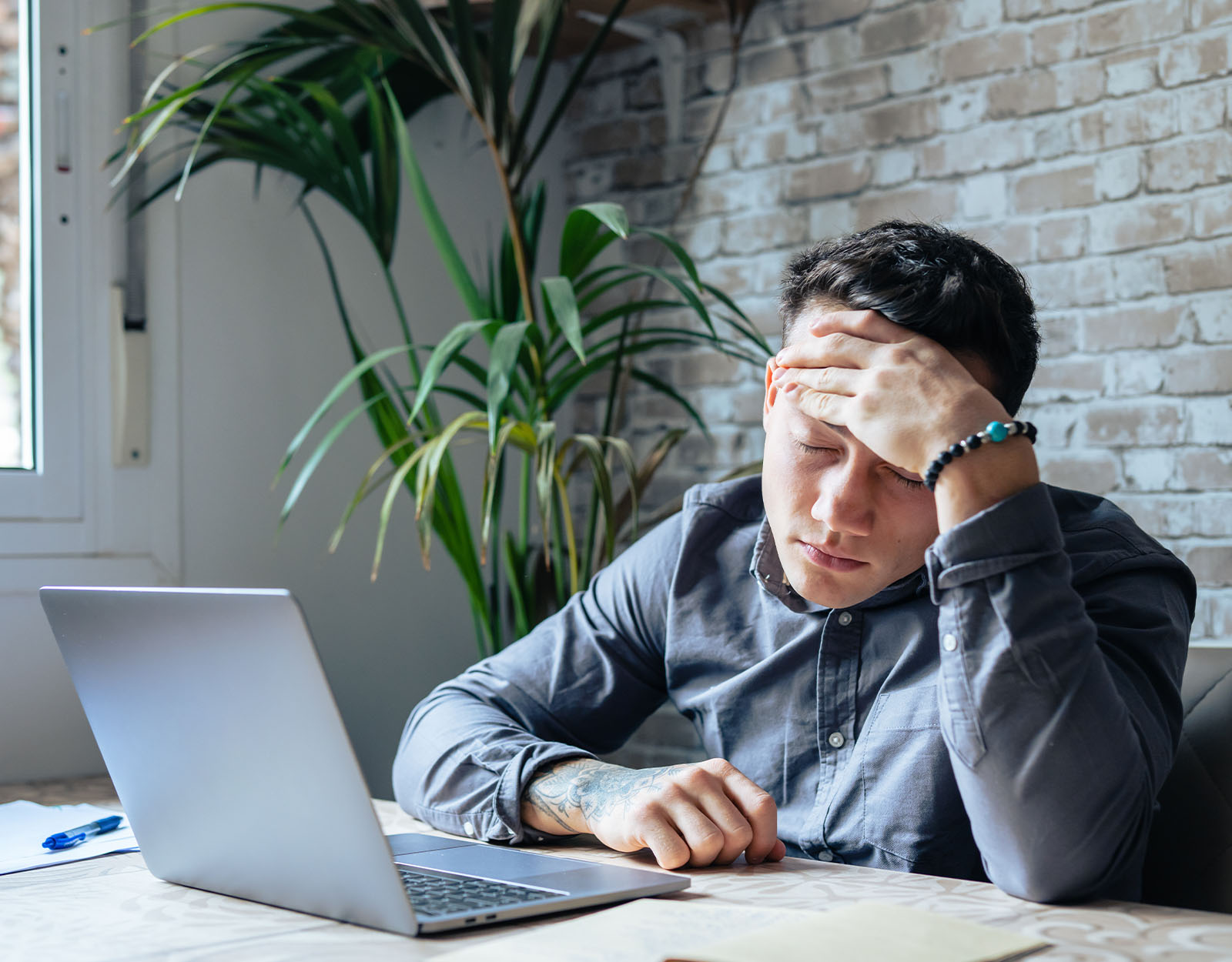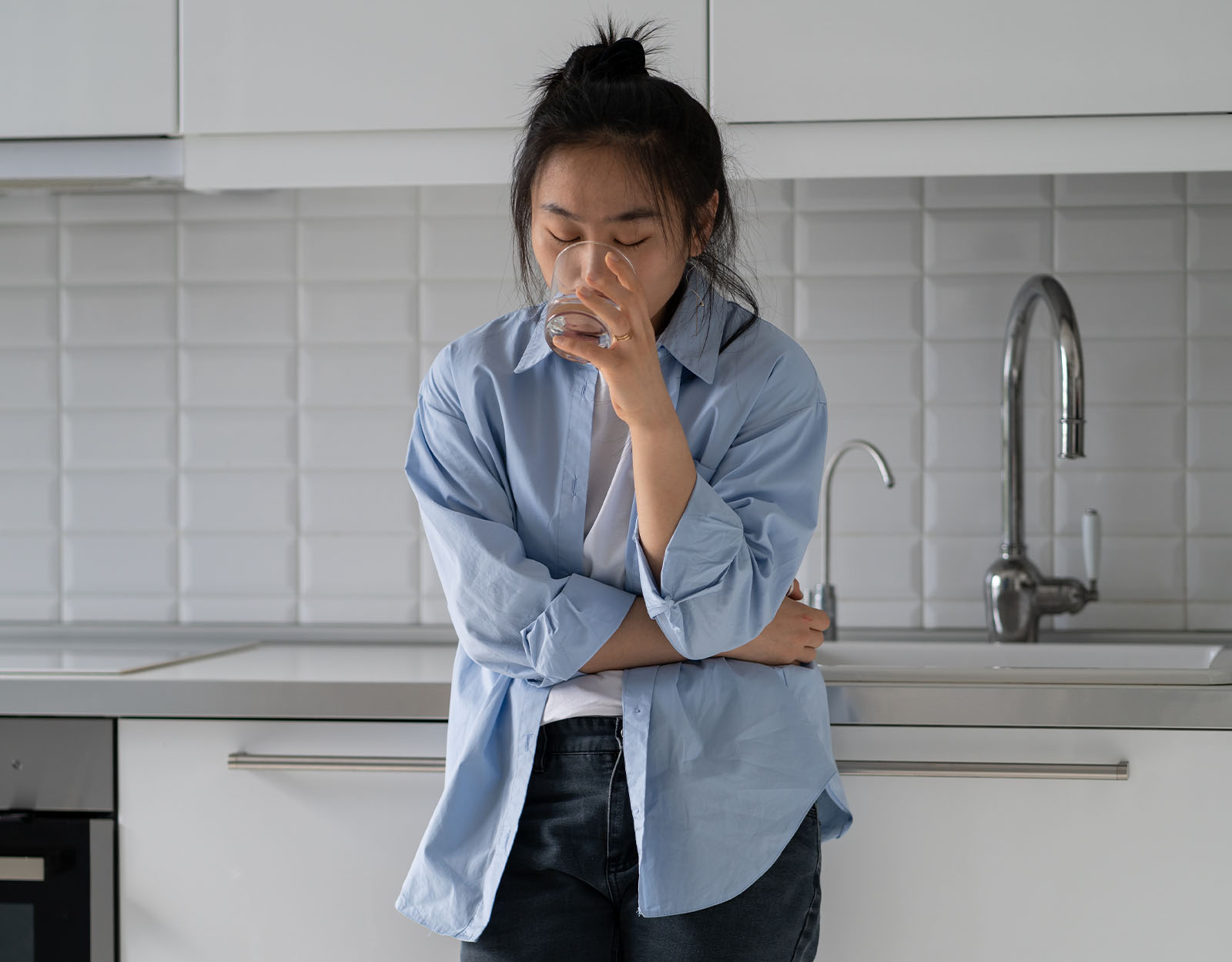Real Talk
Anxiety Attack: What It Looks and Feels Like
Anxiety attacks are becoming more common nowadays but how does one know they’re in the midst of one or about to get one?
Most parents may have gone through at least five anxiety attacks in their lifetime. The media often portrays the most common signs of an anxiety attack such as palpitations, shortness of breath, twitching, and violent shaking. But there are some invisible symptoms that only a trained eye or those who are vigilant, mindful, or empathetic can pick up. Not all anxiety attacks appear the same.

What does an anxiety attack feel like?
Imagine everything gradually fading into a void.
People’s voices and sounds fade into a distant echo, with even the simplest commands turning into some strange gibberish. But there is one thing that gets loud in your ears and that’s the source of the stress. Your toddler’s begging, your husband’s calm request, your boss’ follow-up, and even a friend’s wellness check will sound like a prized ceramic or crystal collection shattering right next to your ears. Palpitations will sound like a thundering drum.
Visually, everything around will slowly warp. The floor may feel like it’s sinking into a bowl and the walls will look like it’s bubbling as if something’s going to pop out of the wallpaper. Colors may be off a few gradients with yellow looking a little more orange than usual.
Food may lose its flavor. What your mind knows is a delicious chocolate truffle cake will taste like wet cardboard. Chicken, beef, and pork will plummet into your stomach like a boulder and vegetables will feel like a spider’s web that’s pulling your throat together. Water is the only thing you can take and even then, it will take all your willpower not to choke it out.
Your mind is as messy as your kid’s room, leaving you to wonder how your toddler and kids can live like that. Ideas are no longer making sense. Each and every sentence needs to be repeated (which we’re sure your boss or some people hate doing and that makes you even more anxious). But even if your ears catch the command, the mind’s frozen in a daze and refuses to budge.
What triggers these attacks?
Anxiety comes from traumatic experiences but there are two kinds: instantaneous and prolonged.
Instantaneous traumatic experiences usually involve car accidents, typhoons, burning houses, rape — any freak incident that just happens out of nowhere. To lessen the stress, the mind withdraws and leaves the bodies to fend for themselves.
Prolonged traumatic experiences such as years of gaslighting, screaming, yelling, constant physical beatings, rape, and being victim to violent controlling tendencies can also trigger anxiety attacks. Unlike the instantaneous one, however, anxiety attacks born from prolonged trauma can show in two ways: either being completely inflexible to the point they become just like the abuser or becoming “fawners” — everyone’s happiness sans their own becomes a priority and are unable to tolerate any failure.

Are people born anxious?
In most cases, anxiety is learned. But there is a genetic component wherein a person is more prone to anxiety attacks or being anxious. They usually come from a family that’s highly neurotic or are closely associated with a member who is neurotic — these are people who are easily irritated, hate sudden changes in schedule, have no control over the situation and what people think of them, will focus so hard on the stressor that they are usually unaware how much damage they are actually causing other people, and will also resort to ultimatums to make the stress completely go away. It’s as they say, “out of sight, out of mind.” Moreover, they ultimately get the label: control freaks.
The most common form of anxiety in the Philippines, however, appears to be social anxiety where there is an irrational fear of how people will easily abandon them without a second thought.
So, whose fault is it?
Truthfully, the only one who’s at fault is the one who started the traumatic pattern in the first place. However, in a culture that highly values impressions and images, there’s almost little to no processing for those feelings and the victim is left alone to make sense of it. “Am I ever enough?”, “I’m making mistakes again!”, “What’s wrong with me?”, “Stop, stop, stop!” — these thoughts will invade the mind like a bunch of termites eating away your favorite wooden heirloom furniture.
How do you prevent your anxiety attack from hurting anyone else?
Once an anxiety attack starts, it’s difficult to stop. But there are ways to make sure it doesn’t hurt anyone else. One thing I learned as someone who suffers from anxiety attacks often is to have at least five different protocols that address the different symptoms (i.e. if it’s visual shock, I cover my eyes; if it’s yelling, I pull myself out of the room) which I give to those closest to me before my anxiety starts talking for me.
That way, it helps you take accountability because you’re giving a fair warning and people around you on how to deal with it. Don’t forget to thank them, too!

How to calm an anxiety attack when no one can anchor you?
Unfortunately, there will be days where nobody from your support group or your “anchor” group is with you. But you can’t let your anxiety attack rampage. When an anxiety attack starts creeping up, you can quickly excuse yourself and hit the bathroom. A bathroom has the least amount of stimuli because it’s monochromatic and quiet so, it gives you time to settle down before going back in.
People can only support you when you have your anxiety attacks
Although you can call out the person for their behavior, you can’t hold them responsible for triggering your attacks UNLESS they intended to. Most anxiety attacks, however, are accidentally triggered more than purposefully. And when that happens, it’s up to you to redirect your anxiety attacks to a place where it won’t be toxic for everyone else. Most especially if your anxiety attacks are what made you hurt people, you have to own up to it so it won’t give other people anxiety attacks. Nobody deserves to live with anxiety attacks for the rest of their lives.
More real talk about mental health?
7 Ways Partners Can Support Moms with Postpartum Depression and Anxiety
Teens and Social Anxiety: What It Is And How To Deal With It
Breaking the Cycle of Generational Trauma and Toxic Patterns





